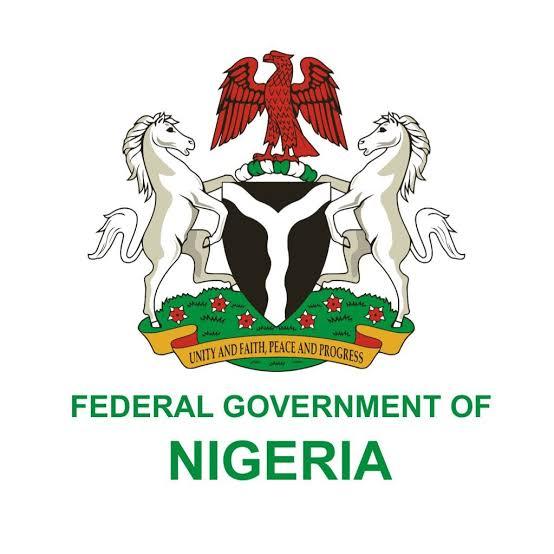The National Agency for the Prohibition of Trafficking in Persons (NAPTIP) plays a vital role in safeguarding human dignity and fighting modern slavery in Nigeria. Established under the Trafficking in Persons (Prohibition) Law Enforcement and Administration Act of 2003, NAPTIP serves as Nigeria’s frontline agency in the battle against human trafficking, child labor, and exploitation.
From enforcement and prosecution to victim rehabilitation and public awareness, NAPTIP’s responsibilities are broad, impactful, and essential for building a safer and just society.

Key Roles and Responsibilities of NAPTIP
1. Investigating and Prosecuting Trafficking Offenses
NAPTIP has the authority to investigate suspected human trafficking cases across Nigeria. The agency works closely with law enforcement bodies and the judiciary to prosecute traffickers and enforce anti-trafficking laws.
2. Rescuing and Rehabilitating Victims
One of NAPTIP’s core duties is to rescue victims of trafficking and provide them with temporary shelter, medical care, psychological support, and vocational training. This ensures a smooth reintegration into society and prevents re-trafficking.
3. Preventing Human Trafficking
Through public enlightenment campaigns, school outreach, community sensitization, and media programs, NAPTIP raises awareness about the dangers of human trafficking. These initiatives are critical in preventing vulnerable individuals from falling prey to traffickers.
4. Collaborating with Local and International Partners
NAPTIP partners with organizations like the International Organization for Migration (IOM), Interpol, and UNODC, as well as local NGOs and state governments. These collaborations enhance cross-border tracking and improve support for victims.
5. Monitoring Labor and Child Rights Violations
NAPTIP also monitors exploitative labor practices, child domestic work, and forced migration. The agency intervenes in cases of child labor, forced begging, and illegal adoption rings.
6. Maintaining a National Database on Trafficking
NAPTIP compiles and analyzes data on human trafficking trends, victims, and traffickers. This information helps shape policies and track progress in combating human trafficking in Nigeria.
7. Policy Development and Legal Reform
The agency contributes to developing new laws and improving existing frameworks to better fight trafficking. NAPTIP also advocates for stricter penalties and victim-friendly legal procedures.
FAQs About NAPTIP’s Duties
Q1: Is NAPTIP only concerned with international trafficking?
A: No. NAPTIP addresses both domestic and cross-border trafficking, including child labor, sexual exploitation, and forced migration within Nigeria.
Q2: Can individuals report trafficking cases to NAPTIP?
A: Yes. Individuals can contact NAPTIP directly via their hotlines, website, or offices across Nigeria to report cases or seek help.
Q3: Does NAPTIP operate shelters for victims?
A: Yes. NAPTIP operates rehabilitation shelters where rescued victims receive food, medical care, counseling, and vocational training.
Q4: Who can be punished under NAPTIP laws?
A: Anyone involved in trafficking, recruiting, transporting, harboring, or exploiting persons—including parents, agents, or employers—can face prosecution.
Conclusion
NAPTIP stands as a powerful guardian of human rights in Nigeria. With responsibilities that span investigation, prosecution, victim care, and public advocacy, the agency is central to Nigeria’s fight against human trafficking. Whether it’s rescuing a child from domestic servitude or prosecuting an international trafficking ring, NAPTIP continues to fulfill its mandate with dedication and impact. By supporting and understanding its mission, citizens can help build a safer, more humane Nigeria.











